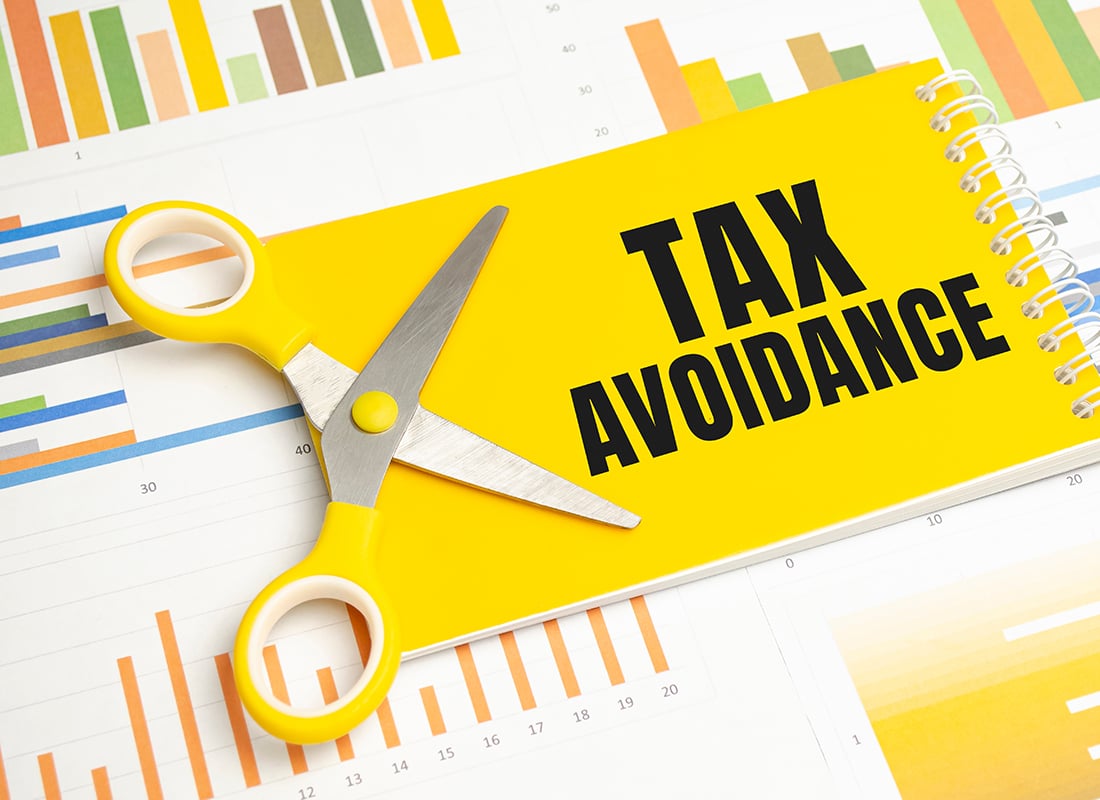HM Revenue and Customs (HMRC) is urging contractors in a wide range of roles across the IT sector not to get caught out by unscrupulous promoters of tax avoidance schemes.
What is tax avoidance?
Tax avoidance means bending the rules of the tax system to try to pay less tax than they should. However, those who join avoidance schemes usually end up having to pay the taxes that were due in the first place – plus interest and potential penalties, on top of the fees they have already paid to join the avoidance scheme.
HMRC wants to stop people from being drawn into such schemes and help them leave if they believe they are already caught up in one. HMRC is working with a range of organisations to give them the tools to educate contractors on the risks of using tax avoidance schemes.
Under UK law, everyone is responsible for paying the correct amount of tax. This still applies where the contractor has appointed someone else to deal with their tax affairs or has been given bad advice – the ultimate responsibility and risk remain with the individual.
How can BCS members avoid tax avoidance schemes?
BCS members should understand the risks and consequences of using tax avoidance schemes. The information in this article will help workers spot the warning signs.
Here are some things for workers to watch out for:
- Any scheme that allows you to keep more of your income than you would expect, with little or no deductions for Income Tax and National Insurance Contributions (NICs)
- Whether some, or all, of the payments you get are said to be “non-taxable”. These could be described as loans, annuities, bonuses, or shares. These payments are no different to normal income and you still need to pay Income Tax and NICs on them
- Schemes claiming to be safe and compliant or approved by HMRC; HMRC never approves avoidance schemes
- Offers of a choice between a standard or “enhanced” pay scheme; the enhanced version is likely to be tax avoidance
- Deals which require you to sign more than one contract or agreement
- An employment contract or agreement that does not state how your income will be paid, or provide you with a breakdown of all your deductions
- Offers of a ‘cash bonus’ if you recommend the scheme to a friend
It’s also worth remembering that only a part of the total payments you receive may be taxed as income. If you are employed, this is usually a national minimum wage amount.
HMRC is urging contractors, agency workers or those who work through an umbrella company to check how they are paid to make sure they’re not caught out. They can use the interactive risk checker to see whether their current contract could involve tax avoidance.
Spotting and dodging tax avoidance schemes
Mary Aiston, Director of Counter Avoidance, HMRC, said: ‘You don’t need to be a tax expert to spot an avoidance scheme. If you’re offered higher take home pay simply for rearranging how it reaches you, for example as a non-repayable loan or as a trust payment, it almost certainly is tax avoidance so don’t get involved.
‘We’re here to help and if you think you have joined such a scheme, it is crucial that you leave it as soon as you can. The earlier you leave, the sooner you can settle the tax that you owe and reduce your chances of higher tax bills.’
Since April 2022, HMRC has used new powers to publicly name tax avoidance promoters to help customers stay clear of current and future schemes they promote.
For you
Be part of something bigger, join BCS, The Chartered Institute for IT.
By the end of February 2023 a total of 26 promoters involved in promoting tax avoidance schemes had been named, but the published list is not exhaustive of all tax avoidance schemes or promoters, enablers and suppliers. If a tax avoidance scheme is not shown in the list, this does not mean that the scheme works or is in any way approved by HMRC. HMRC does not approve any tax avoidance schemes for use.
HMRC’s Spotlight series published on GOV.UK provides information about tax avoidance schemes that HMRC believes are being used to avoid paying tax due. Spotlight 60 published in August 2022 specifically warns about non-compliant umbrella companies and what to look out for.
For more information on HMRC’s Tax Avoidance – Don’t Get Caught Out campaign.
If BCS members become aware of a tax avoidance scheme or an agency or umbrella company that is not following the tax rules, they should take action to report this to HMRC.
Helping workers to steer clear of tax avoidance also helps reduce reputational risks for the organisations they work for.

















